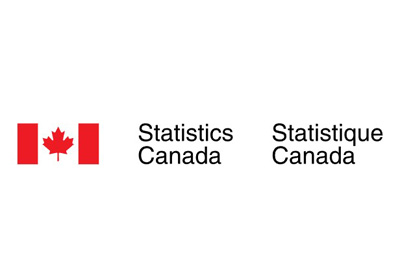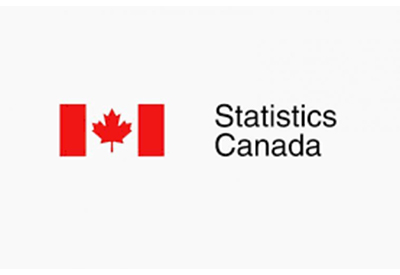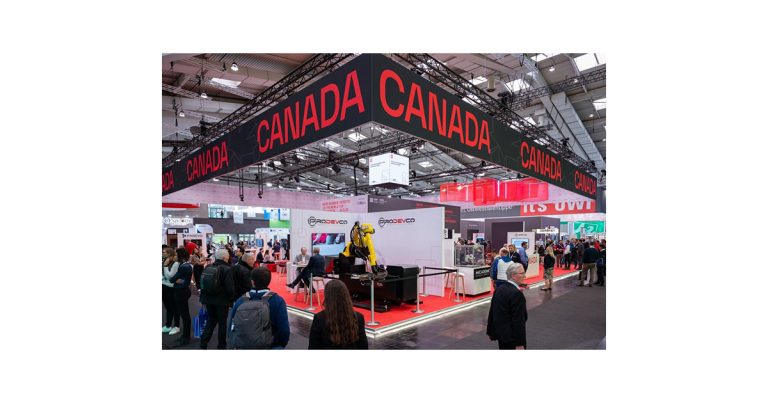Consumer Price Index, September 2022

October 21, 2022
In September, the Consumer Price Index (CPI) rose 6.9% on a year-over-year basis, decelerating from a 7.0% gain in August, marking the third consecutive monthly slowdown in headline inflation. Lower gasoline prices were mostly responsible for the deceleration.
While prices at the gas pump dropped in September compared with August, Canadians continued to feel the pinch from higher food prices.
Excluding food and energy, prices rose 5.4% year over year in September, following a gain of 5.3% in August. Prices for durable goods, such as furniture and passenger vehicles, grew at a faster pace in September compared with August.
In September, the Mortgage Interest Cost Index continued to put upward pressure on the all-items CPI, as Canadians renewed or initiated mortgages at higher interest rates.
On a monthly basis, the CPI rose 0.1% in September. On a seasonally adjusted monthly basis, the CPI was up 0.4%.
Average hourly wages rose 5.2% on a year-over-year basis in September, meaning that, on average, prices rose faster than wages. The gap in September was larger compared with August.
Gasoline prices fall in September compared with August
On a monthly basis, gasoline prices dropped 7.4% in September following a 9.6% decrease in August. This is the third consecutive month-over-month price decline for gasoline. An increase in global supply of crude oil was a contributing factor to falling gasoline prices compared with August.
Year over year, gasoline prices rose 13.2% in September, down from 22.1% in August.
Consumers pay more for groceries
In September, prices for food purchased from stores (+11.4%) grew at the fastest pace year-over-year since August 1981 (+11.9%). Prices for food purchased from stores have been increasing at a faster rate than the all-items CPI for 10 consecutive months, since December 2021.
Contributing to price increases for food and beverages were unfavourable weather, higher prices for important inputs such as fertilizer and natural gas, as well as geopolitical instability stemming from Russia’s invasion of Ukraine.
Food price growth remained broad-based in September. On a year-over-year basis, Canadians paid more for meat (+7.6%), dairy products (+9.7%), bakery products (+14.8%), and fresh vegetables (+11.8%), among other food items.
Other owned accommodation expenses rise at a slower pace amid a cooling housing market
In September, prices for other owned accommodation expenses (+5.8%), which includes commissions on the sale of real estate, increased at a slower rate compared with August (+7.4%). Other owned accommodation expenses have decelerated, on a year-over-year basis, for five consecutive months.
The homeowners’ replacement cost index, which is related to the price of new homes, slowed in September (+7.7%) after increasing (+8.4%) in August. This index has decelerated on a year-over-year basis every month since May 2022 (+11.1%). These movements reflect a general cooling of the housing market.
In contrast, Canadians have renewed or initiated mortgages at higher interest rates since the onset of recent rate increases, measured in the CPI through the mortgage interest cost index (+8.3%), which has increased on a year-over-year basis for three consecutive months.
Prices for passenger vehicles and furniture rise
On a year-over-year basis, prices for durable goods increased faster in September (+6.7%) compared with August (+6.0%). The purchase of passenger vehicles index, rising 8.4% in September, contributed the most to the increase. The gain was partially attributable to the ongoing shortage of semi-conductor chips.
Prices for furniture increased at a faster pace on a year-over-year basis in September (+13.3%) compared with August (+12.2%), mainly driven by higher prices for other furniture (+10.3%), specifically mattresses.
Students pay more for tuition fees in 2022
Priced annually, tuition fees rose 2.3% year over year in September compared with September 2021 (+1.9%), increasing the most in Alberta (+7.7%). The price of tuition in Newfoundland and Labrador increased 6.8% in September, following the lifting of a tuition freeze, which had been in place since 1999.
Regional highlights
Year over year, prices rose at a slower pace in September compared with August in five provinces.
Gasoline prices rise in British Columbia
Year-over-year gasoline prices increased at a slower rate in every province in September compared with August, except in British Columbia. In September, prices for gasoline increased by 27.0% in British Columbia compared with an increase of 17.7% in August. The increase is partially attributed to reduced supply amid multiple refinery shutdowns in the Pacific Northwest.











